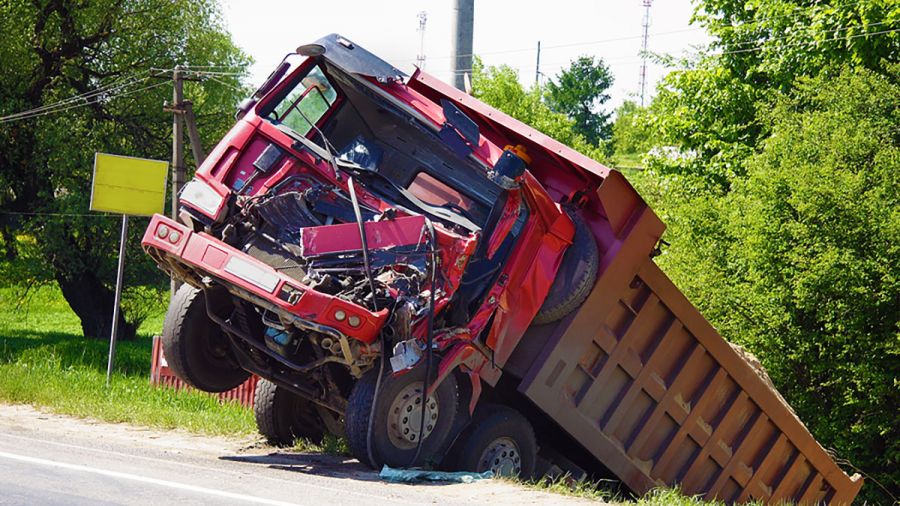Who is responsible for a truck accident
07.25.2022
It is the duty of every employer in New York State to protect themselves against accidents or occupational diseases of their employees. For this purpose, he purchases Workers' Compensation insurance, which covers the costs of possible treatment and the payment of replacement earnings for the period of incapacity for work related to an accident at work or occupational disease of the victims.

Let's start from the beginning. The truck that the deceased was driving when he was in the accident belonged to a private individual living in New York. This person did not have Workers' Compensation insurance. A company in Connecticut hired the car, then found a driver to operate it. While the Connecticut company did not pay the driver's wages directly (the car owner did after receiving payment for the vehicle rental), it had direct control over when, where and what loads the driver transported. It was the company from Connecticut who contacted the deceased driver by phone, ordering him to make further trips. She also kept track of his entries in the driver's book. The owner of the car, although he was the one who gave the driver checks for the hours worked, had no influence on how much the deceased worked, what courses he did, and did not supervise his work. The driver's truck was covered with the trademark of a Connecticut company. Despite an appeal by the Connecticut company, which appealed the decision of the trial court recognizing it as the proper employer of the deceased, the appellate court judge found that the case had established a substantial and sufficient employer-employee relationship between the Connecticut company and the deceased driver.
The case also turned out to be difficult due to the correct determination of the jurisdiction of the court that decided in this case. The law stipulates that the court has jurisdiction to decide in the case is the court at the seat of the employer or the court competent for the employment of the employee. The driver was resident in New York, and a Connecticut company found him through an advertisement in a local New York newspaper. She also allowed him to drive his car back to New York after work and park it there between trips. The deceased paid checks received for work done to his bank also in New York State. Accordingly, Judge Workers' Compensation found that there was a sufficient link between the victim and the State of New York for the New York courts to have jurisdiction over the case. The Connecticut company appealed this decision, arguing that since the company is located in Connecticut, the case should be heard in a Connecticut court. However, the law provides that not only the seat of the employer but also the actual place of employment may determine the jurisdiction of the court that will adjudicate in a given case. The appeals judge found that the case had been sufficiently relevant to New York State, further supported by the undisputed appearance of the vice president of the Connecticut company at the New York hearing. It also dismissed that Connecticut-based company's appeal.
As you can see, not every case is evident, even in such a relatively simple scope as determining the employer of the injured person or the jurisdiction of the court that should adjudicate the case. Appropriate preparation of the lawyer, supported by justified argumentation and collected evidence, always works for the client's account. That is why I encourage you to fight for your rights. Only after collecting all the evidence and exhausting all possibilities are we sure that the client has received the best result he could get in a given case.
I represent both injured clients and employers. On a daily basis, I deal with accident cases related to accidents at work and car accidents.
In the case of related, very complex cases or collective disputes, I work together with a group of lawyers, each of whom brings their individual experience in order to protect our client's best interests.
